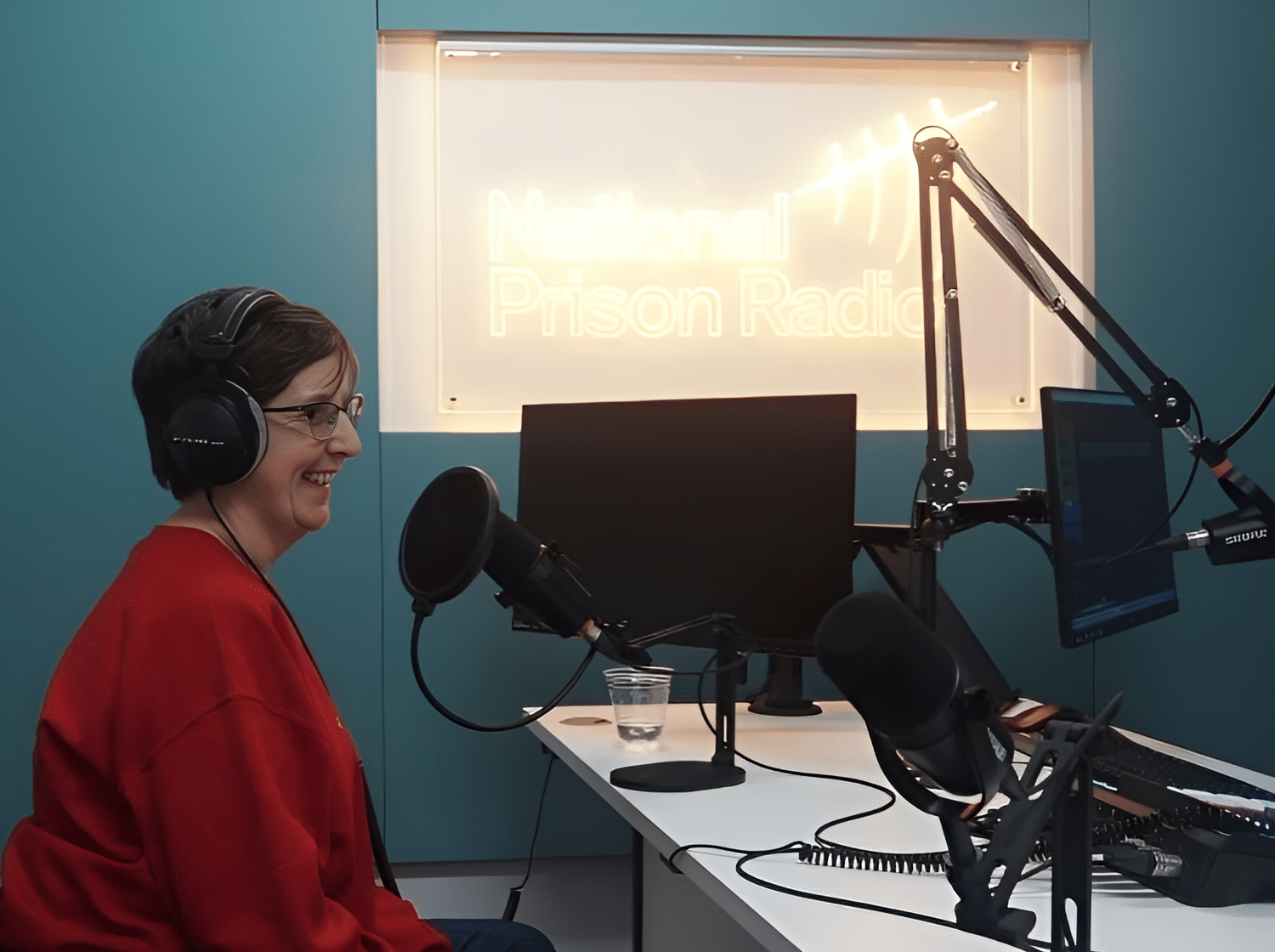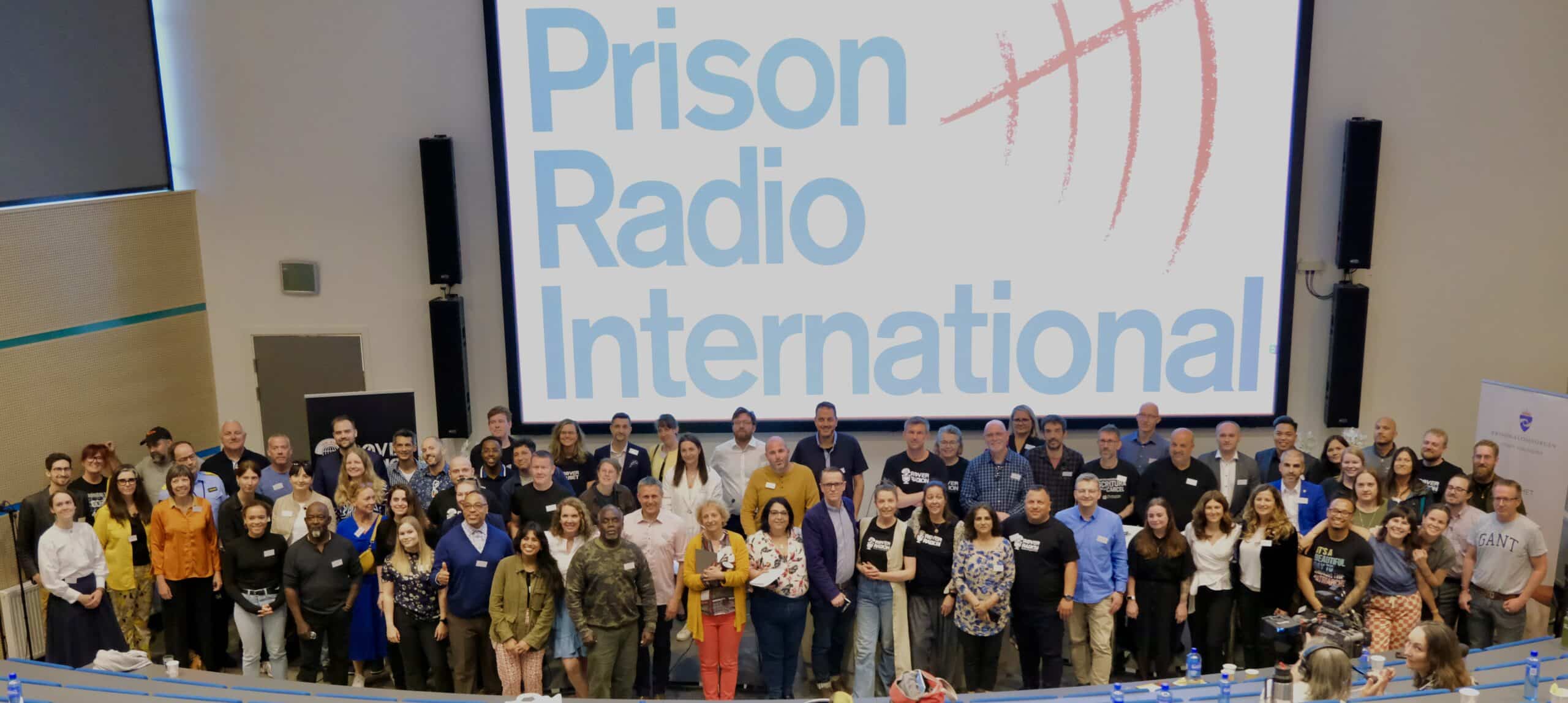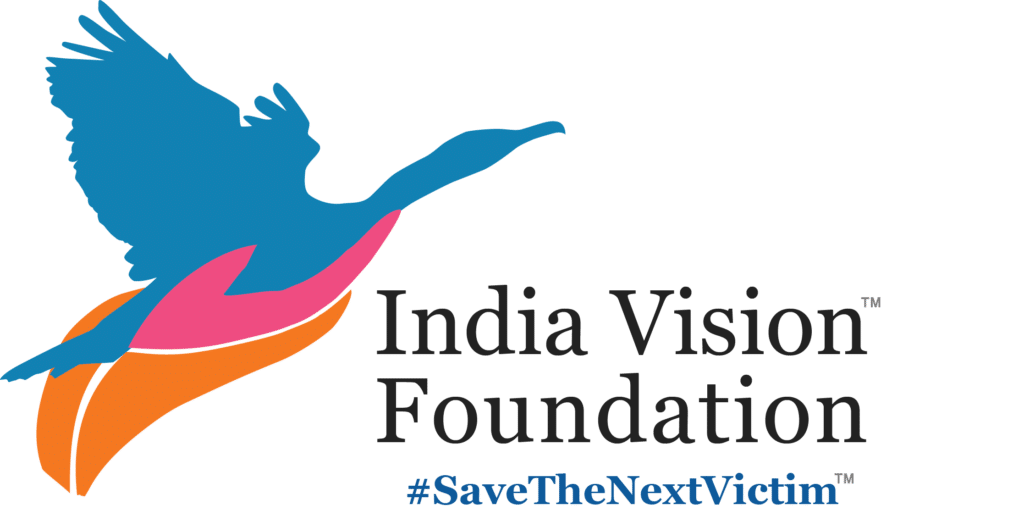Latest News

Tweet us@PrisonRadioUK

At Prison Radio International (PRI), we are committed to supporting radio projects worldwide that work with people who are, or have been, in prison. Our goal is to nurture a collaborative global community that shares expertise, resources, and best practices to drive meaningful change through audio.
To help develop and strengthen this community, we are actively mapping prison radio projects around the world through our global prison radio survey. This ongoing initiative invites people involved in running or planning prison radio projects to share their work, challenges, and aspirations. The information we gather helps us understand how we can best support and connect this growing network.
We’re thrilled to share this blog as part of the very first edition of AMPLIFIED, our new monthly newsletter designed especially for the global prison radio community network. Through AMPLIFIED, we’ll provide updates, insights, and opportunities to connect, ensuring this network remains vibrant and well-informed.

We’ve already received over 70 survey responses from individuals involved in developing prison radio projects in more than 25 countries. The stories we’ve uncovered demonstrate the profound impact audio can have in criminal justice settings – giving people a voice, fostering connections, and driving positive change.
One standout example comes from India Vision Foundation, which runs the ground-breaking Radio Parvaaz project. This inspiring work highlights how radio can serve as a force for good, amplifying unheard voices and transforming lives.
We caught up with the team at India Vision Foundation to learn more about their project and their vision for using audio to make a difference. Here’s what they had to say:

Project name: Radio Parvaaz
Location: Delhi, India
Tell us a bit about your project – when and how did it all start, and what is its purpose?
Radio Parvaaz, an initiative by India Vision Foundation, began during the COVID-19 pandemic to address the emotional and mental health challenges experienced by people in prison due to isolation. What started as a way to boost morale revealed a profound potential, leading to its formal launch during the Foundation’s 27th Annual Day in 2021.
The program now broadcasts prison-specific content, focusing on emotional well-being, mindfulness, creativity, conflict resolution, and fostering holistic development. The audio content, crafted by experts in radio production, prison reforms and mental health, is produced within the correctional facilities in India, in consensus with the prisoners themselves who contribute to making the content more contextualized. The intended audience includes people in prison, who benefit from the inspiring, educational, and supportive content, which helps create a sense of community and hope within the prison walls.
How do people react when you tell them about your involvement with prison radio?
Reactions vary significantly. Within prisons, there is generally a positive and supportive response. However, outside of prisons, people often express surprise or scepticism. For many, the very concept of prison radio is unfamiliar and intriguing, as prisons in India are often perceived through the lens of cinema and stereotypes.
Some are even incredulous about the need for prison radio, viewing it as an undeserved privilege. For example, one donor initially refused to fund the project, believing it unnecessary. Instead of taking offense, the team invited him to visit a Radio Parvaaz station and meet the people in prison who were trained as radio jockeys (RJs). His perspective shifted dramatically after witnessing the impact of the project first-hand, and he decided to fund the setup of a new station.
What kind of impact has your project had on people involved with the criminal justice system?
Radio Parvaaz initially served as a platform to support mental wellness during the pandemic, providing a safe space for people in prison to express their feelings and connect. Over time, it has evolved into a critical communication tool that fosters personal growth, skill-building, and social rehabilitation.
The radio is now deeply integrated into daily prison life. People in prison rely on it for motivational talks, health education, and yoga sessions, while the music and prayers offer a sense of comfort and companionship. Many describe the radio as their “friend” and say it helps them cope with the challenges of incarceration.
The impact extends to the radio jockeys themselves. They gain respect from others and develop self-confidence, which contributes to their rehabilitation. Even prison staff benefit, describing the broadcasts as a source of relief during long shifts.
Notably, the project has also had measurable outcomes, with prison doctors reporting a reduction in anxiety and stress among people in prison since the station’s introduction. Radio Parvaaz has become an indispensable part of the prison environment, promoting positivity, education, and emotional well-being.
How has your project influenced public opinion or the broader community outside of prison?
Radio Parvaaz has had a profound impact beyond prison walls, challenging stereotypes and changing perceptions about rehabilitation. By giving people in prison a platform to share their stories and demonstrate their capacity for growth, the project has humanised a group often stigmatised and overlooked.
Dignitaries, including ministers and judicial officials, have visited Radio Parvaazstations and spoken publicly about the importance of prison radio. Their endorsements have brought media attention to the project, amplifying its message and fostering greater public understanding. Visits by criminal justice students have further broadened awareness, as they witness first-hand how the radio promotes connection and communication within the prison system.
These efforts have shifted public and policymaker attitudes, encouraging a more empathetic approach to rehabilitation and reintegration. Radio Parvaaz is increasingly seen as a model for how communication can transform lives, both within prisons and in the wider community.
What’s been the most unexpected challenge, and how did you overcome it?
One unexpected challenge arose when the team decided to celebrate Father’s Day with a special programme. The decision came just two days before the event, requiring them to collect messages from families of people in prison within a single day. Despite the logistical hurdles, the team’s determination and coordination ensured the event’s success, creating a deeply meaningful experience for participants.
A broader challenge is prison overcrowding and the high proportion of people awaiting trial, who may leave prison before engaging fully with the radio. Sustaining the station under these circumstances requires creativity and flexibility. Funding is another significant issue, as prisons are often a low priority for policymakers and donors. Convincing stakeholders to invest in rehabilitation and innovation requires persistent advocacy.
Through dedication and collaboration with prison authorities, the team has overcome these obstacles, proving the transformative potential of prison radio.
What’s your secret to keeping the project going?
The project thrives on professionalism, empathy, and collaboration. By recruiting experienced radio jockeys to train people in prison, the team has ensured high-quality programming that resonates with its audience. These RJs bring not only technical expertise but also inspiration, sharing stories of resilience that encourage personal growth.
The success of Radio Parvaaz lies in its integration into prison life. People in prison have embraced it as their own, advocating for its continuation and engaging actively in its development. This sense of ownership, combined with the support of prison authorities, has made the project sustainable and deeply impactful.
Do you have a favourite production/programme/show/interview?
Aapkee Khatir (“For Your Sake”) is a standout programme that provides a platform for people in prison to share their life stories. These narratives are often deeply moving, inspiring, and emotionally resonant, offering a rare glimpse into the lives of those incarcerated. Each episode fosters empathy and understanding, bridging the gap between people in prison and the wider community.
The programme’s impact is profound. People in prison who participate often undergo significant personal transformations, becoming more confident and hopeful about their future. They express a renewed commitment to leaving their past behind, reconnecting with loved ones, and pursuing a second chance at life.
Listeners, too, are deeply affected. Hearing these stories encourages them to reflect on their own lives and take steps toward positive change. The ripple effect of these personal accounts inspires many to seek help or embark on their own journeys of rehabilitation.
For the production team, Aapkee Khatir has been both humbling and motivating. Seeing the lives it touches pushes them to continue creating meaningful content that resonates deeply with both storytellers and listeners. The programme is a testament to the power of prison radio to amplify marginalised voices and foster personal growth and social change.
The right to communication is often taken for granted. What do you think the role of prison radio is in upholding this right, and why is it so essential for people living in prison to have a voice?
Prison Radio plays a critical role in upholding the right to communication for incarcerated individuals, who are often isolated and cut off from the outside world. Providing a platform for expression not only reduces isolation but also restores a sense of dignity to prisoners. Communication through Radio Parvaaz enables people in prison to share their stories, learn new skills, and stay connected with society. This engagement is essential for rehabilitation as it fosters personal growth, promotes positive behaviour change, and prepares them for reintegration, offering hope and a sense of belonging within and beyond prison walls.
If you had to give one piece of advice to a new prison radio project, what would it be?
If I had to give one piece of advice to a new prison radio project, it would be to focus on collaboration – especially with prison authorities. Establishing a respectful, cooperative relationship with them is crucial for the success of the initiative.
When we started Radio Parvaaz, we learned that securing trust and support from the administration opened doors to meaningful engagement with those in prison. Also, tailor your content to meet the diverse emotional, mental, and educational needs of people in prison.
A compassionate, well-planned approach can transform prison radio into a powerful tool for rehabilitation and reintegration.
What’s your vision for the future of your project?
The vision for Radio Parvaaz is to expand nationwide, reaching correctional facilities across India. By creating a scalable, inclusive model, the project aims to provide tools for rehabilitation and reintegration to all people in prison. Plans include a pioneering initiative to set up a radio station in a women’s prison, pending state approval.
Through strategic partnerships and continuous innovation, Radio Parvaaz aspires to contribute to long-term positive outcomes within the broader correctional ecosystem.
Finally, is there anything else you’d like to share with the international prison radio community?
It’s an honour to be part of the global prison radio community, which plays a vital role in advancing human rights and justice. Prison radio is a powerful medium for amplifying unheard voices, fostering understanding, and advocating for change.
India Vision Foundation, with its three decades of experience under the leadership of Dr Kiran Bedi, is committed to sharing its model and collaborating with partners worldwide. Together, we can create a more equitable and inclusive world, ensuring that no one – including those behind bars – is left behind.
At Prison Radio International we know that quality prison radio improves and even saves the lives of people in prison. We know it provides a lifeline of communication for the loved ones of people in prison. We know that it can play a pivotal role in contributing to a more informed public dialogue about how we respond to criminal harm.
We know prison radio – done well – gives incarcerated people agency. It plays an important role in humanising people living in prisons. It can create meaningful dialogue between those running prisons and those living in them. It can help incarcerated people to influence how prisons are run.
Through supporting global prison radio development, we want to see people all over the world live in prisons that are less damaging, better equipped to cope with incarceration and to thrive in life after release.
If you are yet to complete our Global Prison Radio Survey and join our community network – click here to do so now!
If you would like to stay up to speed with what’s going on at Prison Radio International follow us on:
X – @prisonradioINTL
Instagram – @prisonradioINTL
Prison Radio International is coordinated by the Prison Radio Association. Your support helps us grow the global prison radio movement – donate today at prison.radio/donate.